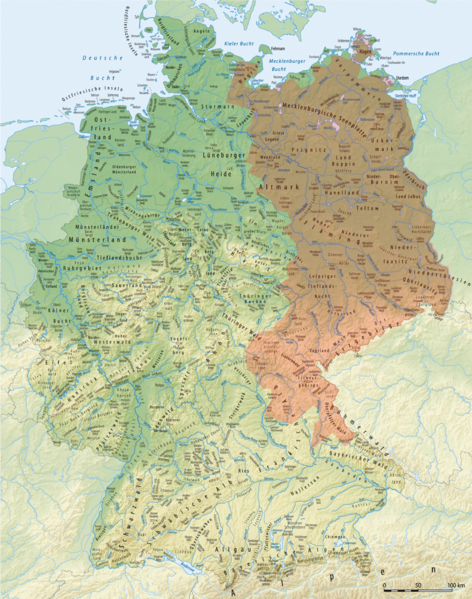Η εθνική επιχείρηση εξελληνισμού των τοπωνυμίων, Δημήτρη Λιθοξόου (
Hellenization of toponyms)
http://www.lithoksou.net/p/i-ethniki-epixeirisi-eksellinismoy-ton-toponymion-2005
I will provide a summary of the main/interesting points. I am still curious to know why the toponyms had to be Hellenized, if the native populations were of
Hellenic stock?
So, here are some interesting points from the article by D. Lithoksoou.
In Morea, the following toponyms of regions
disappeared: Iblakika, Kato Nahaie, Nezera, Hasia, Livartzi, Katsanes, Kontovunia, Liodora, Pera Meria, Sabazika, Lakkoi, Kampoi, Kunupohoria, Olimphoria, Trigona, Kolokithia, Lagia, Malevri, Fokas, Zigos, etc... In their place, we see the following new names: Achaia, Messinia, Arcadia, Laconia, Mantinea, Gortynia, and others, etc.
With altered names we find the following islands: Koulouri (new name: Salamina), Thermia (Kythnos), Tzia (Kea), Arzantiera (Kimolos), Polykantros (Folegandros), Santorini (Thira), Nafio (Anafi), Axia (Naxos).
Drawing examples from the toponymic material of the southwest Peloponnese [Georgacas - McDonald 1968, pp. 114, 116, 126, 128, 163, 200, 238], we see that inhabitants of the area call "Oboro" ten corresponding sites.
However, the place name "Potoki", which you encounter as a stream name, in nine villages of the same region, is for both the locals and all (new)Greeks an unknown word. In one case, the place name "Oboros" is the word "Obor" of the southern Slavic languages, meaning the stables, and the toponym Potoki is the word "Potok" common to all Slavic languages. Means the stream, the torrent.
By studying the toponym of this area, we will see that other Slavic words are used as place names, such as "Glina / Glina" (8 times) for clay soils, "Viros / Vir" (10 times) for the deep parts of the river , "Korita / Korito" (24 times), "Muts (i) / Močur or Močvara" (14 times) for standing water, Granica / Granica (15 times) Border.










